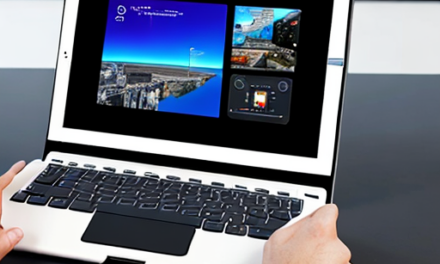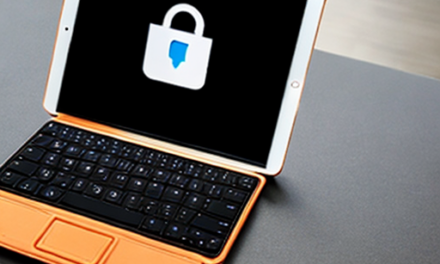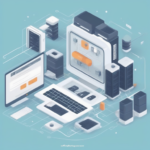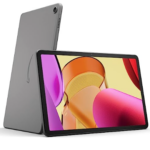The Benefits of Web3-Enabled Tablets for Remote Work
In the wake of the pandemic, there has been a surge of remote work and an increasing need for secure and reliable technology. Web3-enabled tablets are the perfect solution for remote work, providing access to decentralized applications, secure communication, and advanced capabilities. In this article, we’ll explore the benefits of using Web3 for remote work, and the role that tablets can play in facilitating secure digital communications.
What is Web3?
Web3 is the latest evolution of the internet, providing a decentralized and secure digital infrastructure for building applications and data networks. It consists of a suite of protocols that enable secure and trustless peer-to-peer (P2P) communication, allowing users to interact with each other directly, without an intermediary.
Web3 enables the development of decentralized applications (DApps). These are applications that run on a distributed ledger instead of a central server, providing users with greater control over their data and transactions. This creates a secure and reliable environment for remote work, making it possible for individuals and businesses to work together securely, from anywhere in the world.
The Advantages of Web3-Enabled Tablets for Remote Work
Web3-enabled tablets provide users with access to decentralized applications, secure communication, and advanced capabilities. These advantages make them an ideal choice for remote work:
Secure Communication
Web3-enabled tablets provide a secure platform for remote communications. This ensures that all data is encrypted, making it virtually impossible for hackers or other unauthorized parties to intercept communications. They also offer P2P authentication, which eliminates the need for a centralized service provider, such as a telecom company. This helps businesses protect their data and avoid the risks associated with sharing their confidential information with a third-party.
Access to Decentralized Applications
Web3-enabled tablets provide users with access to decentralized applications (DApps). These are applications that run on a distributed ledger instead of a central server, providing users with greater control over their data and transactions. This allows teams to store and share files securely, create digital items, and perform tasks on the blockchain.
Advanced Capabilities
Web3-enabled tablets offer more advanced capabilities that traditional tablets do not, such as the ability to use Web3-enabled wallets and access the blockchain. This means that users can access cryptocurrencies, manage digital assets, and perform transactions with greater security and privacy.
Conclusion
Web3-enabled tablets offer a secure and reliable platform for remote work, providing users with access to decentralized applications, secure communication, and advanced capabilities. They are an ideal choice for organizations looking to take advantage of the benefits of remote work, while maintaining high levels of security and privacy.



















